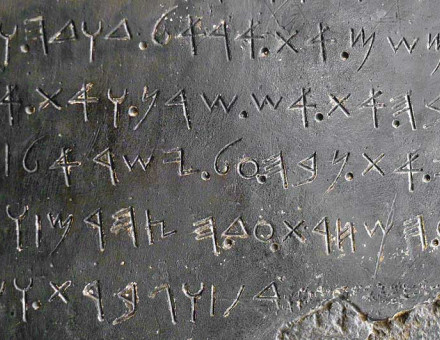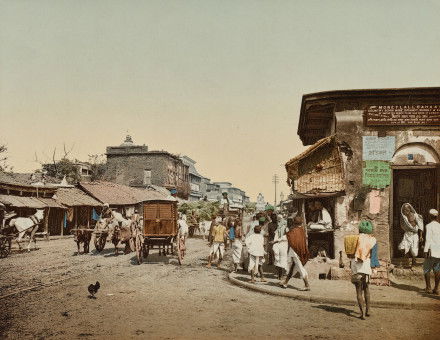Archbishop Stephen Langton
Deryck Abel reflects on a crucial figure in the dispute between King John of England and Pope Innocent III, which in turn led to the issuing of Magna Carta in 1215.
The custodian of the earthly paradise of Canterbury, Stephen of happy memory, a man pre-eminently endowed with the gifts of knowledge and supernal grace, has been called, as we hope and believe, to the joy and rest of Paradise above.” Such was the encomium pronounced by Pope Honorius III on the death of Archbishop Stephen Langton. It was a tribute which, as we shall see, he could never have elicited from Honorius’ predecessor, Pope Innocent III.
Yet we know little of the early life of this great Prince of the Church. The date of his birth passed unrecorded. Even the facts of his boyhood and his place of residence, presumably in Lincolnshire, are matters for conjecture. We do not know when he was given his prebend at York. Until 1206, he dwelt in Paris as a doctor of theology. He served his term as a pupil of Peter the Chanter—Peter the Lombard, Master of the Sentences.





